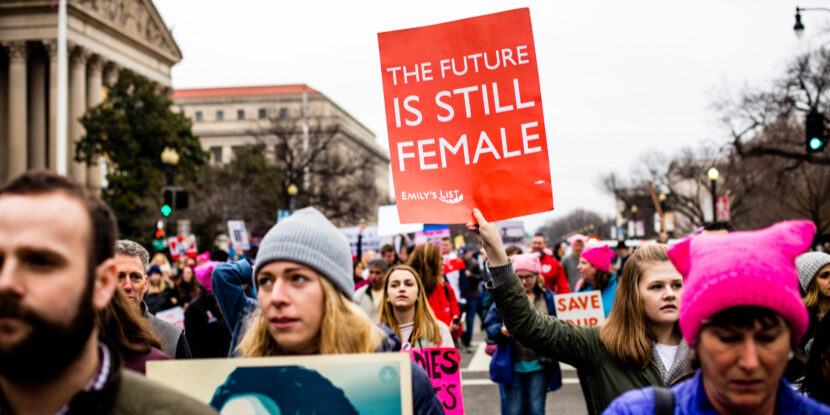PULSE POINTS:
❓What Happened: Pew Research data shows an estimated 50 percent of liberal women under the age of 30 say they have a mental health condition.
👥 Who’s Involved: Pew Research, Nate Silver, young Democrat women, the Democratic Party, and male voters.
📍 Where & When: The Pew data is from 2020 but has resurfaced as part of an ongoing debate about the Democratic Party’s collapsing support among male voters, with Silver posting about the phenomenon on June 2, 2025.
💬 Key Quote: “I think an underrated factor in the ‘how can Democrats win back young men’ debate is the effects of personality, which differ especially among younger voters,” said election guru and statistician Nate Silver.
⚠️ Impact: Silver and others point to the neurotic and anxious nature of women in the Democratic Party as being partially responsible for the alienation of male voters and believe party leaders should cater less to the demographic in future elections.
IN FULL:
Around 50 percent of young, liberal women under 30 say they have been diagnosed with a mental health condition, according to data from Pew Research. The statistic has emerged as a critical inflection point in the post-2024 election autopsy of the Democratic Party and its cratering support among male voters, especially young black and Hispanic men.
Election polling guru and statistician Nate Silver has pointed to the Pew data on mental health, broken down by gender and partisan affiliation, as evidence that the Democratic Party’s penchant for catering to its predominantly female and progressive political base has played a significant role in its loss of male political support. Silver, in a post on X (formerly Twitter), contends that the Democratic Party has come to reflect the neurosis and anxiety expressed by its young female voting base, which alienates and turns off most men.
“I think an underrated factor in the ‘how can Democrats win back young men’ debate is the effects of personality, which differ especially among younger voters,” Silver writes. In a post on Substack, Silver elaborates further, arguing that Democratic efforts to police speech and appearance of being more risk-averse likely turned off male voters. He adds that “some of Democrats’ problem with young men is that they’re seen as what in the poker world we’d call ‘nits’: neurotic, risk-averse, sticklers for the rules, always up in everyone’s business.”
The Pew data also shows that among moderate and conservative women, less than 30 percent say they’ve been diagnosed with a mental health condition. For men of all partisan identifications, the number is even lower.




















